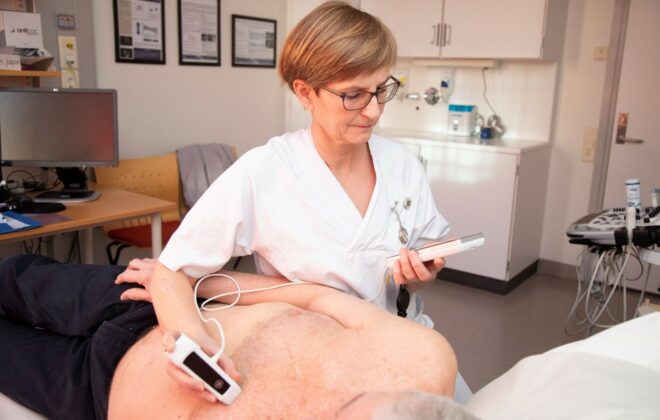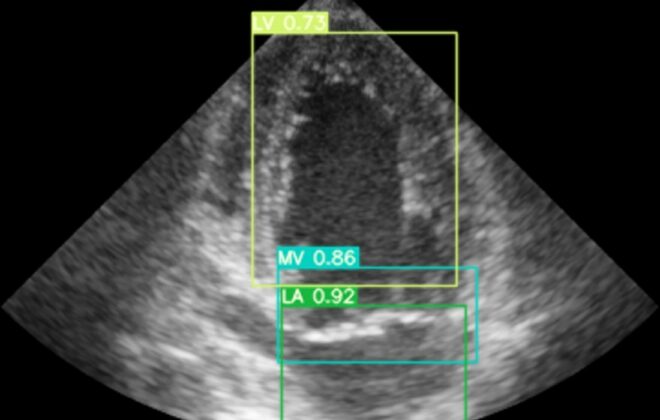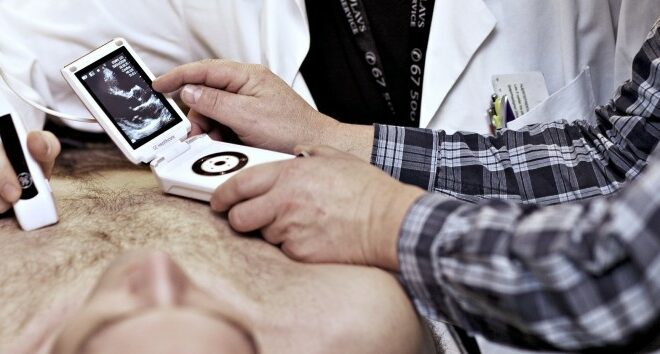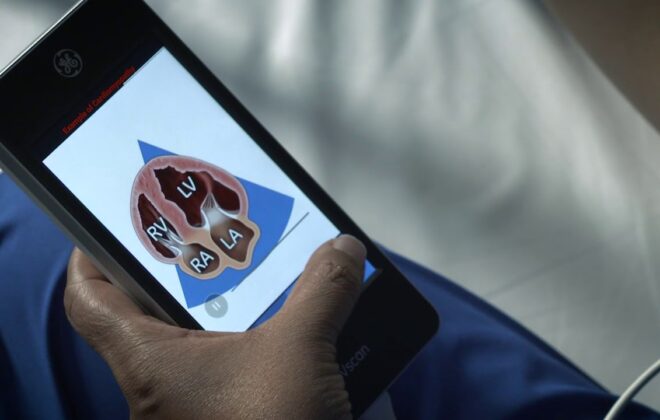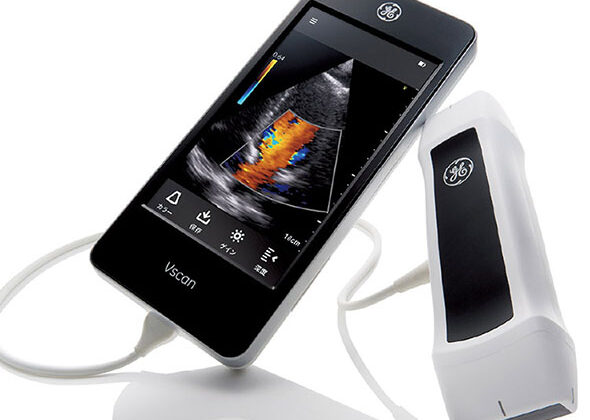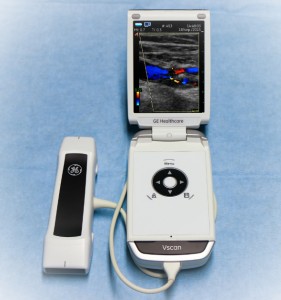Can AI on hand-held ultrasound help diagnose heart failure?
Artificial intelligence software and telemedical transfer of images have shown promising results in aiding users to evaluate heart function, but in our study the artificial intelligence software on hand-held ultrasound devices alone is not reliable enough to evaluate heart function for general practitioners.
Taking heart imaging out of the hospital with AI
You have certainly heard about Artificial Intelligence (AI), but have you ever wondered what it is used for? If not, an excellent example of Artificial Intelligence is self-driving cars. The car computer acts as a brain, and cameras as eyes. But this is just a…
Spring Conference 2022 – imaging in more ways than one
This year’s spring conference approached imaging from an academic, industrial – and artistic angle. Around 70 participants came to Grand Hotel Åsgårdstrand in Vestfold to share the latest on ultrasound developments in CIUS and ongoing research and development from our partners located in Horten.
(Not) science fiction at the GP’s
Those who grew up with Star Trek, watched the ship doctor using something akin to a mobile phone, which after one swipe could tell you what was wrong with the patient. This is no longer pure science fiction – at least not for diagnosing heart…
How can we improve cardiac diagnostics at the GP’s office?
Cardiac diseases are a major health concern and many of the patients in a general practitioner’s (GPs) office have heart conditions. Hand-held ultrasound device (HUD) can improve the GP’s diagnostic possibilities. We want to evaluate if a training program with focus on practical ultrasound skills can help the GP’s to correctly diagnose certain heart conditions by using HUD. If successful, unnecessary referrals could be avoided and patients in need of specialist care would avoid delay in diagnosis and treatment.
Could your local doctor diagnose heart disease using a handheld ultrasound device?
Many potential heart patients that are referred to specialists, turn out not to need specialist care. If general practitioners (GPs) could use handheld ultrasound devices with built-in diagnostic tools, could this improve patient outcome and reduce cost for the health services?
Pocket-sized ultrasound helps screen stroke patients
When stroke patients are admitted to hospital, the main arteries in the neck are checked for blockages as this is a major cause for blood-clots and stroke. Today, these examinations are done using time-consuming and costly procedures. At NTNU, we have found that using a…

